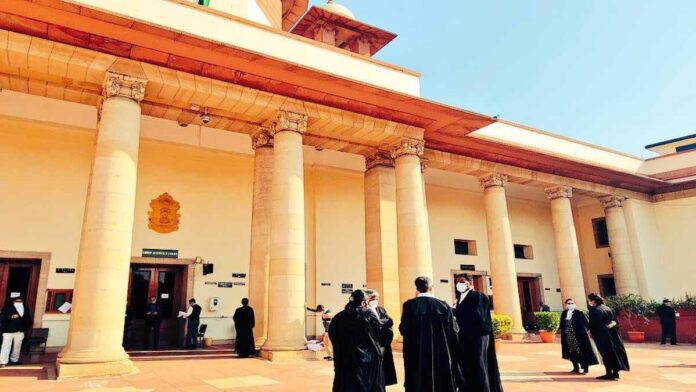The Supreme Court of India has issued a stern reminder to courts to not merely function as “tape recorders” but to actively participate in cases. This admonition came during a decision announced on Friday, May 3rd, highlighting the passive role some prosecutors play during cross-examinations of opposing witnesses in criminal trials. The Supreme Court expressed concern over the lack of effective and meaningful debates conducted by public prosecutors, which can compromise the integrity of the judicial process.
The bench, consisting of Chief Justice DY Chandrachud, Justice JB Pardiwala, and Justice Manoj Mishra, presided over a case involving a man convicted in 1995 for the murder of his wife, where his life sentence was upheld. They emphasized the importance of proactive judicial oversight in proceedings, even if the prosecution might appear negligent or lackadaisical.
Chief Justice Chandrachud noted that fostering strong relations between the public prosecution service and the judiciary is foundational to the criminal justice system. He reiterated that appointments such as public prosecutors should remain free from political influence to ensure fairness in the legal process.
The bench also highlighted that judges should actively participate in trials to extract essential information from witnesses, which is crucial for reaching accurate conclusions. The Supreme Court also pointed out a public perception issue, where witnesses for the prosecution are often seen retracting their statements, leading to doubts about the independence and fairness of criminal trials.




